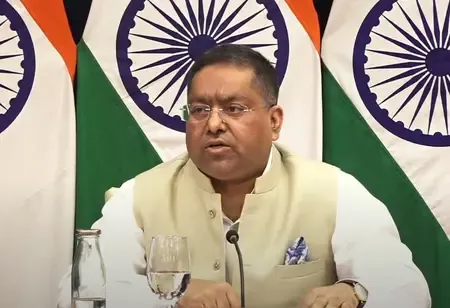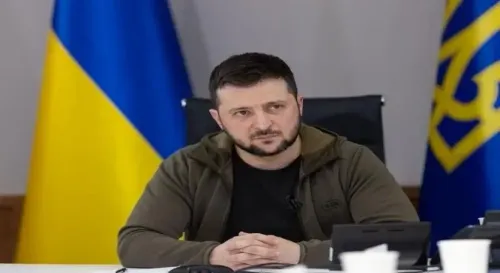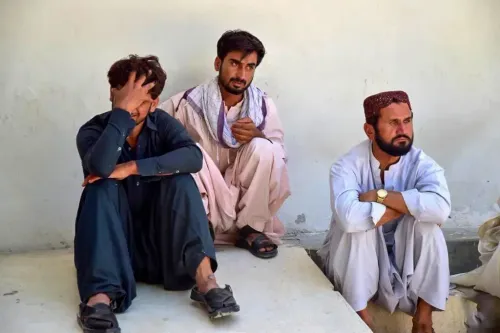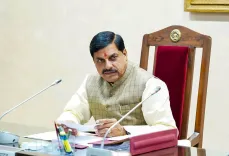Why Did India Reject the UK Parliamentary Committee Report?

Synopsis
Key Takeaways
- India firmly rejects UK committee's baseless allegations.
- Claims stem from dubious sources linked to anti-India entities.
- Report highlights concerns over transnational repression.
- PM Modi emphasizes the need for accountability.
- Ongoing issues with Khalistani extremists raise security concerns.
London/New Delhi, Aug 1 (NationPress) India has emphatically dismissed the claims made by the UK parliamentary committee, labeling its report, which insinuated New Delhi's involvement in transnational repression, as groundless. The Ministry of External Affairs (MEA) asserted that these allegations arise from unverified and doubtful sources, primarily linked to banned entities and individuals with a notable history of anti-India sentiment.
The Joint Committee on Human Rights, in its report published on July 30, mentioned that evidence has been presented alleging that countries including Bahrain, China, Egypt, Eritrea, India, Iran, Pakistan, Russia, Rwanda, Saudi Arabia, Turkey, and the United Arab Emirates (UAE) have engaged in acts of transnational repression within the UK.
When questioned about India's mention in the UK Parliamentary Committee report, MEA spokesperson Randhir Jaiswal remarked, "We have reviewed the references to India in the report and firmly reject these groundless claims. The allegations stem from unverified and doubtful sources, predominantly connected to banned entities and individuals known for their anti-India hostility. The reliance on discredited sources raises concerns about the report's overall credibility."
The report from the Joint Committee on Human Rights advocated for more robust measures to counter the rise of transnational repression (TNR). The committee expressed concern that foreign governments are increasingly bold in their efforts to silence and intimidate individuals and communities in the UK, urging the British government to enhance its efforts to protect and assist victims.
During a recent visit to the UK, Prime Minister Narendra Modi expressed gratitude to UK counterpart Keir Starmer for condemning the April 22 Pahalgam terrorist attack, emphasizing that extremist ideologies must not be allowed to exploit democratic freedoms.
In a press statement alongside Starmer on July 24, PM Modi stated, "We appreciate Prime Minister Starmer and his Government for their strong condemnation of the Pahalgam terror attack. We share the belief that there is no room for double standards in the fight against terrorism. We also concur that those with extremist ideologies cannot be permitted to misuse democratic freedoms. Individuals who exploit democratic freedoms to undermine democracy itself must face accountability."
PM Modi's remarks come amid rising concerns regarding the presence of Khalistani extremists in the UK, who have previously targeted the Indian High Commission in London.
Earlier this year, Khalistani protesters disrupted an event attended by External Affairs Minister S. Jaishankar outside Chatham House in London. A viral video from the event showed a protester approaching the EAM's vehicle as he was leaving, highlighting a significant security breach.
This incident was not isolated; anti-India radical elements have organized demonstrations, attacks, and arson in London before. In March 2023, New Delhi lodged a formal protest with the UK government after Khalistani extremists vandalized the Indian High Commission in London. The MEA demanded an explanation from British authorities regarding the lack of security that allowed these extremists to breach the High Commission's premises.









